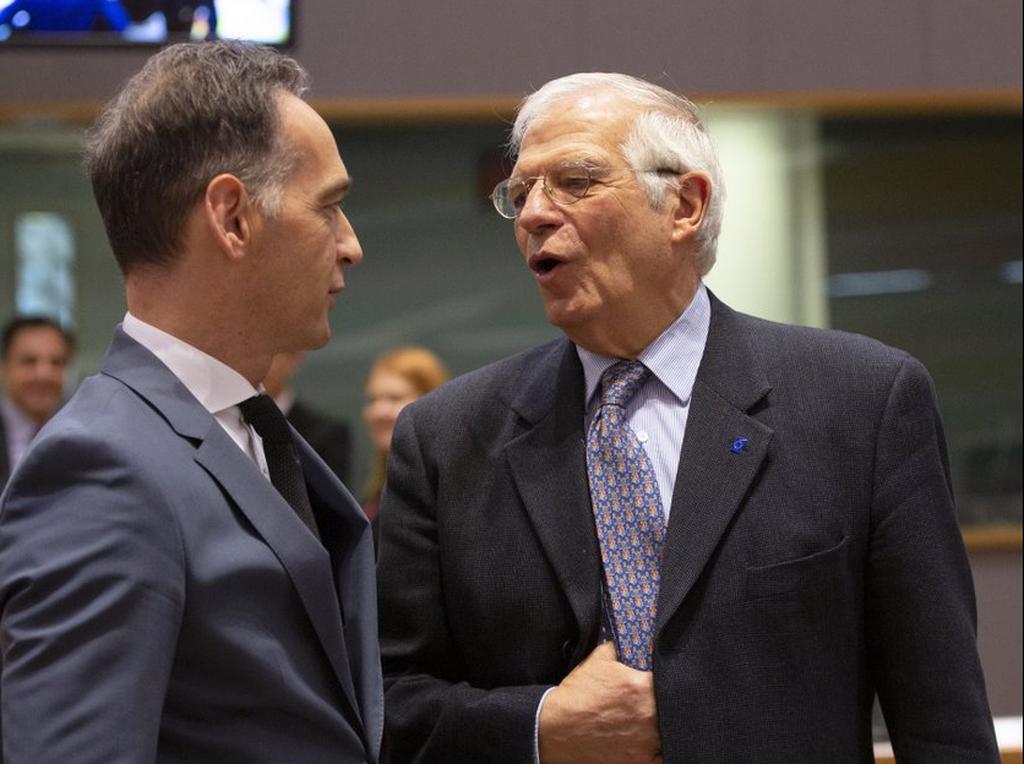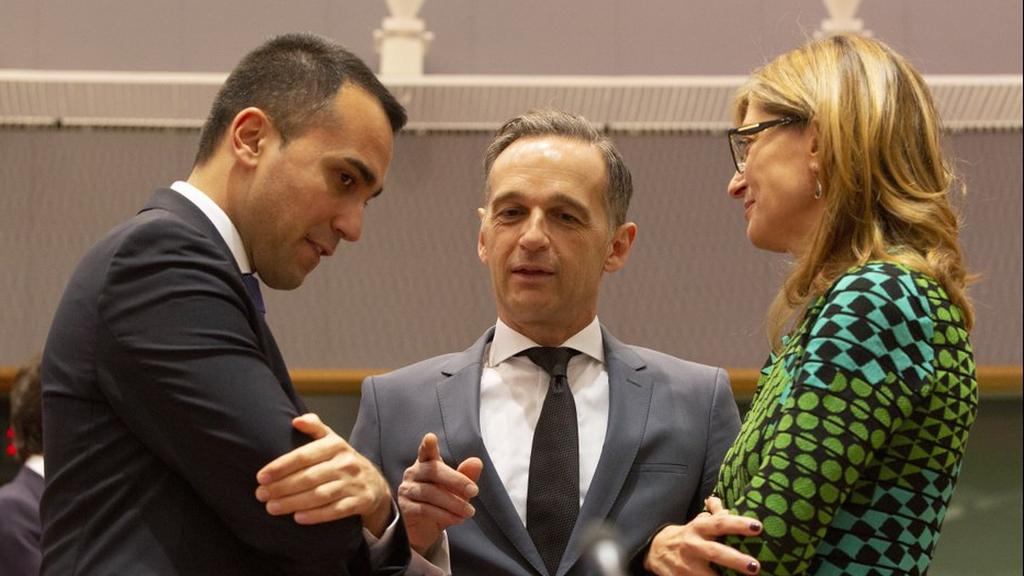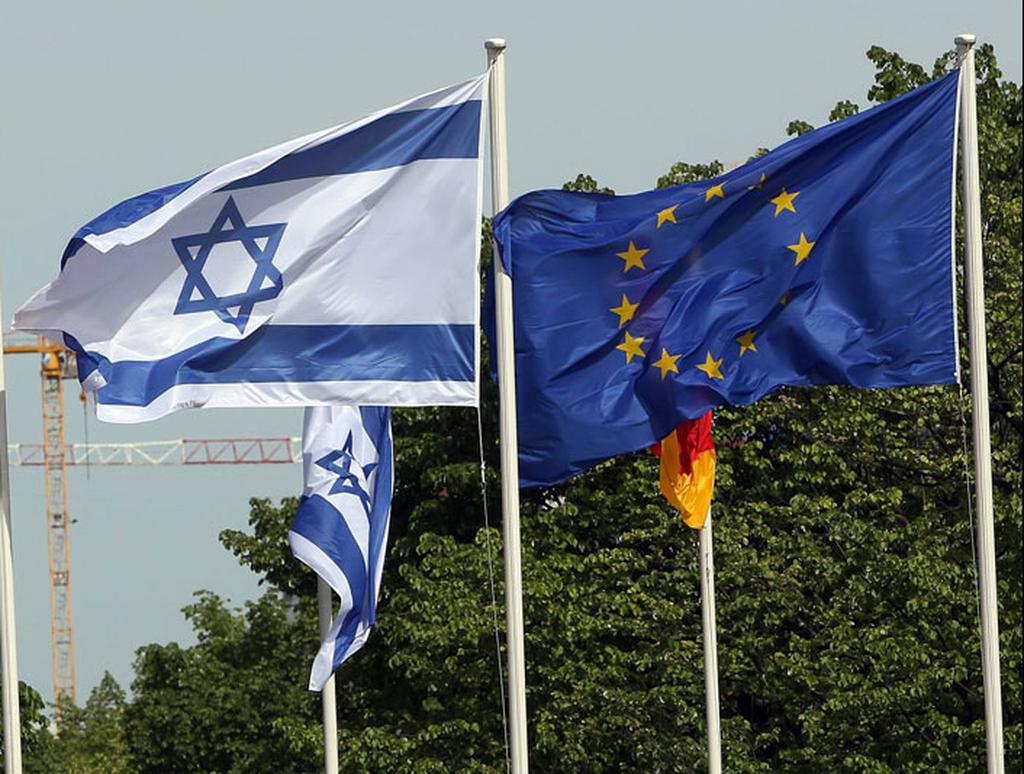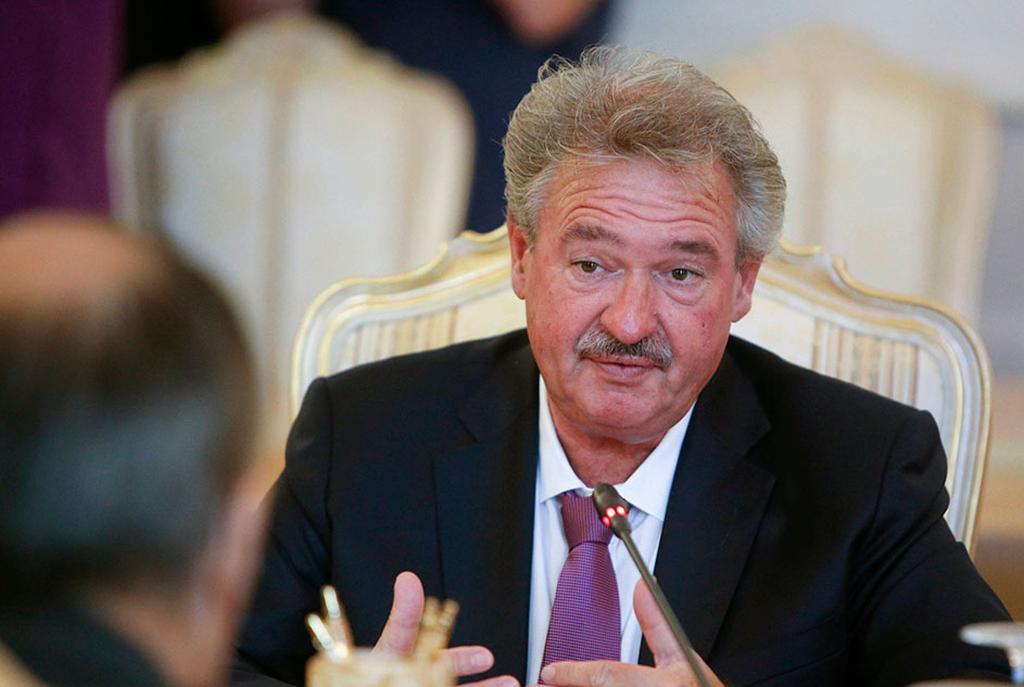European Union foreign ministers will discuss next month whether the 28-nation bloc should modify its Middle East policy amid growing concern that Israeli settlement activity and U.S. diplomatic moves are undermining hopes for a two-state solution.
“If we want a two-state solution we need to help and encourage both parties to enter into a serious and credible negotiation, and this is not the case” at the moment, new EU foreign policy chief Josep Borrell told reporters Monday after chairing talks between the ministers.
Ireland and Luxembourg are among a small group of countries that want the issue put on the agenda. Borrell said the ministers “will deeply discuss the situation in the Middle East” when they meet again in Brussels in January.
The EU’s long-held stance is that any peace agreement between Israel and the Palestinians should be based on the notion of two states within pre-1967 borders with Jerusalem as their shared capital. The bloc also opposes settlement expansion and insists it is illegal under international law.
4 View gallery


German Foreign Minister Heiko Maas, left, speaks with European Union foreign policy chief Josep Borrell
(Photo: AP)
The U.S. announced a new American doctrine last month that does not consider Israeli settlements a violation of international law.
The Trump administration has also recognized Jerusalem as Israel’s capital and recognized Israel’s annexation of the Golan Heights.
4 View gallery


Italian Foreign Minister Luigi Di Maio, left, speaks with German Foreign Minister Heiko Maas, center, and Bulgarian Foreign Minister Ekateri
(Photo: AP)
Some EU countries are concerned more such U.S. moves might be imminent, Borrell said.
In a letter to Borrell, Luxembourg Foreign Minister Jean Asselborn said that hopes for a two-state solution are “being dismantled piece by piece, day after day,” and that it is time to consider recognizing Palestine as a state.
“The policy of settlement and demolition risks replacing the two-state solution with a one-state reality, marked by perpetual conflict, occupation and unequal rights,” Asselborn wrote.
He said that any EU decision to recognize Palestine “would neither be a favor, nor a blank check, but a simple recognition of the right of the Palestinian people to their own State. In no way would it be directed against Israel.”
It appears unlikely that EU policy would change much if at all. Borrell noted that EU countries are “very much divided” over how to handle Middle East peace moves.
European Union foreign ministers will discuss next month whether the 28-nation bloc should modify its Middle East policy amid growing concern that Israeli settlement activity and U.S. diplomatic moves are undermining hopes for a two-state solution.
“If we want a two-state solution we need to help and encourage both parties to enter into a serious and credible negotiation, and this is not the case” at the moment, new EU foreign policy chief Josep Borrell told reporters Monday after chairing talks between the ministers.
Ireland and Luxembourg are among a small group of countries that want the issue put on the agenda. Borrell said the ministers “will deeply discuss the situation in the Middle East” when they meet again in Brussels on Jan. 20.



